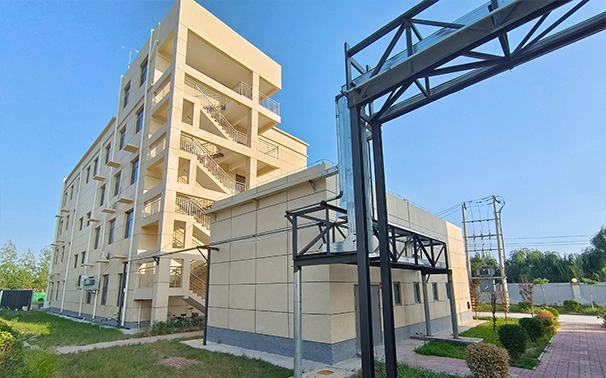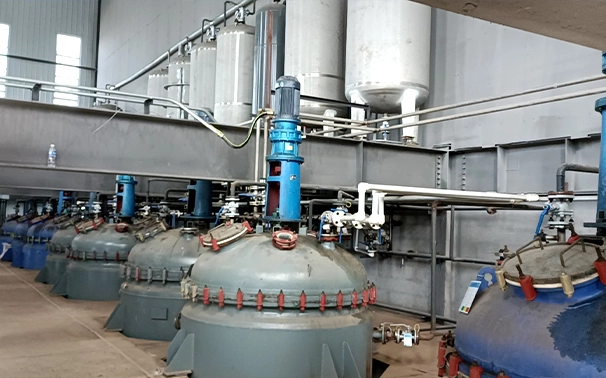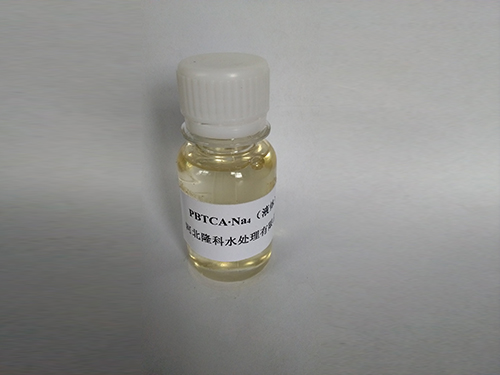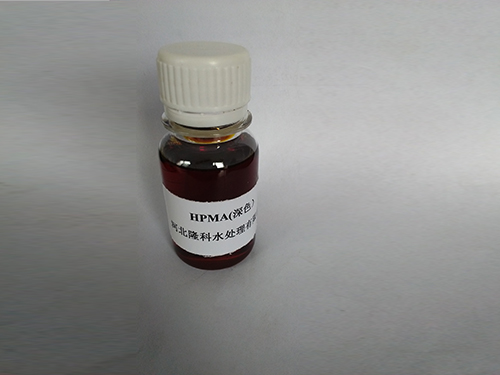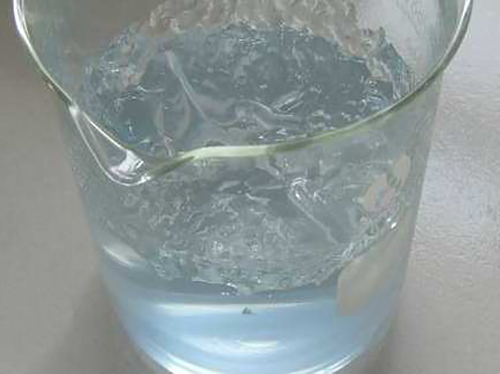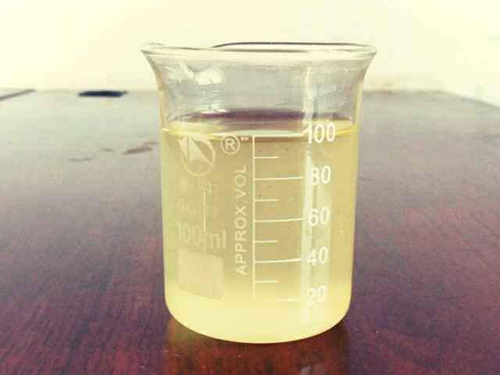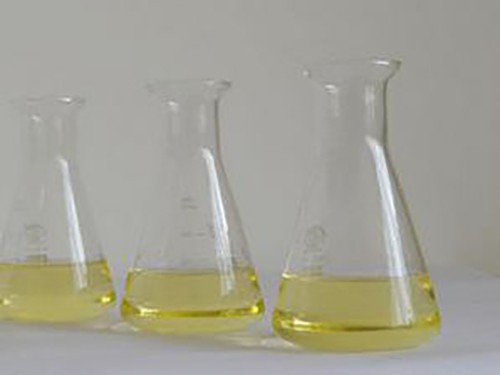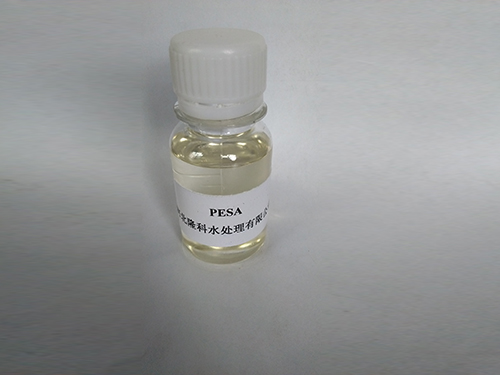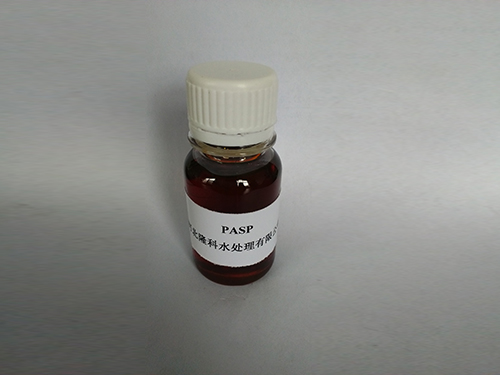Biodegradable Antiscalant and Dispersant, Products
-
CAS No.: 3794-83-0
-
CAS No. 40372-66-5
-
CAS No. 26099-09-2
-
CAS No. 40623-75-4
-
LK-1100 waa milix qayb ahaan dhexdhexaad ah oo miisaankeedu yar yahay polyacrylic acid (PAA) homopolymer. LK-1100 waxay kala saari kartaa microcrystals ama sediment of calcium carbonate, calcium sulfate iyo cusbada kale ee biyaha iyada oo aan la dejin
-
Kaarboxylic acid-sulfonate copolymer LK-2000 waa acrylic acid-sulfonate copolymer. Waa wax-qabad heersare ah oo wax-ku-ool ah oo kala firdhiya. Waxay si wax ku ool ah u tirtiri kartaa miisaanka fosfaatka calcium, miisaanka kaarboonka kaalshiyamka iyo cusbada kale ee samaynta biyaha. Macdanta aan dabiiciga ahayn waxay leeyihiin saamayn fidinta wanaagsan.
-
LK-3100 waa xakameyn heersare ah oo heer sare ah waxayna ku kala firdhisaa dhammaan qaboojinta daaweynta biyaha . LK-3100 waxay leedahay saameyn wanaagsan oo ka hortag ah oo ku saabsan oksaydhka qalalan iyo oksaydhka birta ee fuuqbaxay. LK-3100 sidoo kale waa firdhiye aad u wanaagsan oo loo isticmaalo nidaamyada biyaha qaboojinta oo dhan.
-
Guryaha:
-
CAS No.: 51274-37-4;109578-44-1
-
CAS No. 181828-06-8,35608-40-6
-
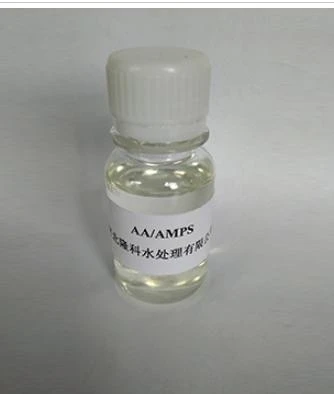 Understanding Polycarboxylic Acids: Properties, Applications, and Future PotentialPolycarboxylic acids are a versatile group of polymers widely used in water treatment, cleaning products, concrete admixtures, textiles, and even sustainable materials.Akhri wax dheeraad ah
Understanding Polycarboxylic Acids: Properties, Applications, and Future PotentialPolycarboxylic acids are a versatile group of polymers widely used in water treatment, cleaning products, concrete admixtures, textiles, and even sustainable materials.Akhri wax dheeraad ah -
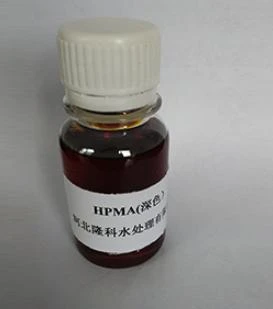 Scale Inhibitor Explained: How to Protect Your System from Limescale and Hard Water DamageIn water systems—from industrial boilers and cooling towers to household appliances—scale is a persistent enemy.Akhri wax dheeraad ah
Scale Inhibitor Explained: How to Protect Your System from Limescale and Hard Water DamageIn water systems—from industrial boilers and cooling towers to household appliances—scale is a persistent enemy.Akhri wax dheeraad ah -
 Scale and Corrosion Inhibitors: Essential Chemicals for Industrial Water System ProtectionIn industrial water systems—cooling towers, boilers, heat exchangers, pipelines, and RO systems—two silent threats can cause serious damage over time: scale formation and corrosion.Akhri wax dheeraad ah
Scale and Corrosion Inhibitors: Essential Chemicals for Industrial Water System ProtectionIn industrial water systems—cooling towers, boilers, heat exchangers, pipelines, and RO systems—two silent threats can cause serious damage over time: scale formation and corrosion.Akhri wax dheeraad ah -
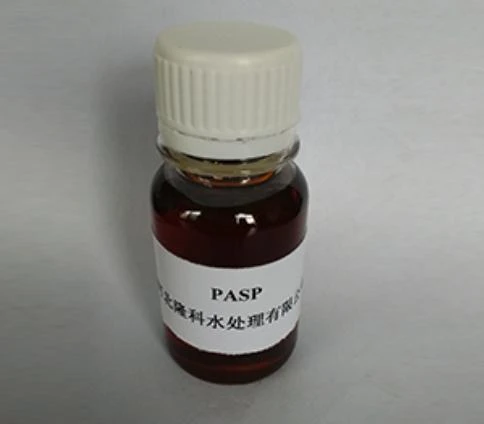 Polyaspartic Acid: A Biodegradable Polymer for Sustainable ChemistryAs industries move toward more sustainable materials, polyaspartic acid (PASP) is gaining traction across sectors—from water treatment and agriculture to coatings and biomedical applications.Akhri wax dheeraad ah
Polyaspartic Acid: A Biodegradable Polymer for Sustainable ChemistryAs industries move toward more sustainable materials, polyaspartic acid (PASP) is gaining traction across sectors—from water treatment and agriculture to coatings and biomedical applications.Akhri wax dheeraad ah







